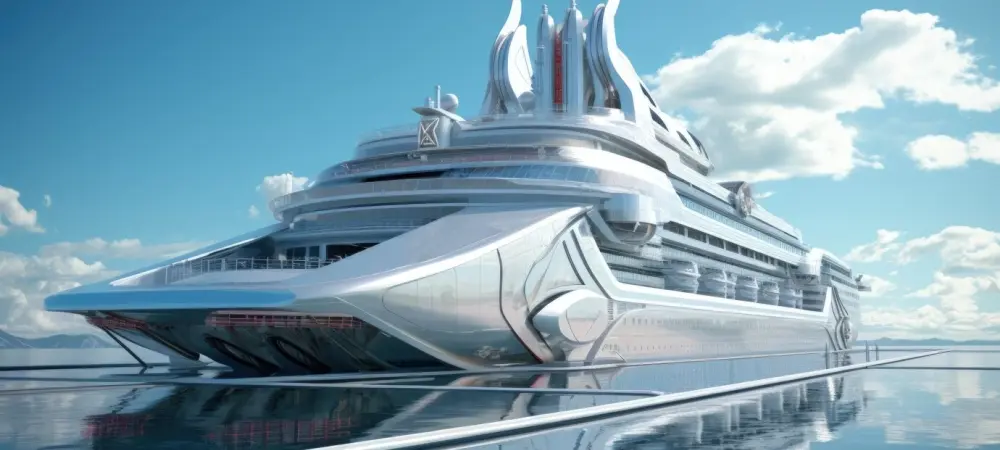A Technological Voyage in the Cruise Industry
In the competitive waters of the cruise industry, Carnival Cruise Line’s collaboration with DXC Technology has set a benchmark for digital transformation. The partnership symbolizes a strategic move where technical agility meets customer-centric service enhancements. By embracing co-innovation, Carnival is not only modernizing its fleet’s technological infrastructure but also advancing toward a futuristic vision that aims to redefine what the cruise experience can offer.
Digital Transformation: A New Course for Cruise Enterprises
The cruise industry is undergoing a significant evolution, driven by changes in consumer expectations. Digital transformation is now a priority as customers seek more personalized and seamless digital experiences. Traditional operational models focusing solely on cost efficiencies have become inadequate. The modern shift has transitioned toward integrated partnerships where co-innovation is a focus, and such alliances foster resilience and adaptive strategies. Carnival’s engagement with DXC epitomizes this shift, as they have moved beyond basic outsourcing to strategic integration, emphasizing co-development of technology solutions.
Overcoming Operational Complexities: The Carnival Approach
Keys to Addressing Global Fleet Management
Navigating a fleet of over 29 ships with a workforce that exceeds 50,000 presents inherent complexities. Carnival’s transformation with DXC focuses on creating streamlined operations by addressing challenges such as technology fragmentation and workforce enablement. The partnership has delivered robust IT solutions that enhance both global coordination and local responsiveness, demonstrating how comprehensive technological integration can lead to smoother global operations.
Co-Innovation as a Driving Force
The relationship between Carnival and DXC extends beyond traditional client-provider dynamics. This co-innovation model is characterized by shared risk and reward, with both parties working hand-in-hand to achieve mutual objectives. This approach has allowed the development of resilient onboard technological systems, including dual fault-tolerant data centers, ensuring continuity and reliability during voyages. Such innovation reflects broader industry strategies where collaboration is key to navigating complex technological landscapes.
Geographical and Market Adaptation
Adapting to regional variations and market-specific needs is crucial for an industry reliant on global customer satisfaction. Carnival’s strategies underscore the need for agility to address the diverse conditions encountered across multiple markets. Not all regions have the same customer expectations or technological readiness, which makes it essential for Carnival to tailor its approach to fit these varying demands, rather than applying a one-size-fits-all solution.
Anticipating Future Industry Trends
Looking ahead, the cruise industry is positioned to embrace emerging technological advancements. Trends such as AI and IoT are becoming integral to enhancing customer experiences and increasing operational efficiencies. Additionally, cybersecurity and sustainability are becoming increasingly important as regulatory landscapes evolve. Carnival’s strategic initiative serves as a predictive model, showcasing potential industry shifts and setting the groundwork for future innovations.
Strategic Insights and Recommendations for Enterprises
Carnival’s transformation story provides a framework for other enterprises striving for digital modernization. Companies aiming to replicate such success should seek partners with the expertise to manage complex IT demands while aligning on strategic goals. The importance of partnerships lies in deep integration and shared focus, which can lead to enduring competitive advantages. Enterprises should prioritize integrated digital transformation strategies over fragmented, short-term projects for substantial value creation.
Reflection on Sustainable Enterprise Transformation
Carnival’s collaboration with DXC highlighted vital insights applicable to sustaining enterprise growth. The critical lesson is the power of strategic partnerships in fostering continuous innovation and agility, especially in industries facing rapid technological and regulatory changes. Moving forward, enterprises that prioritize aligning technological capabilities with long-term strategic goals through robust partnerships are set to lead and thrive in their sectors.

